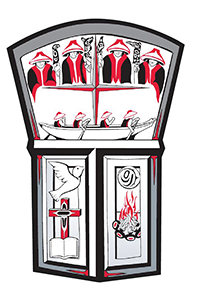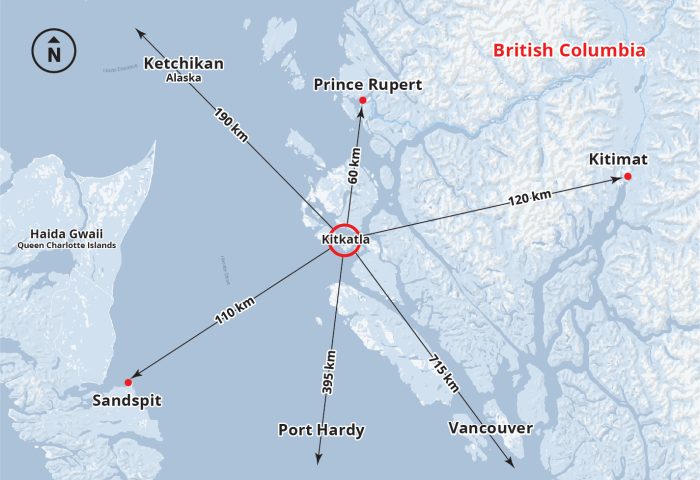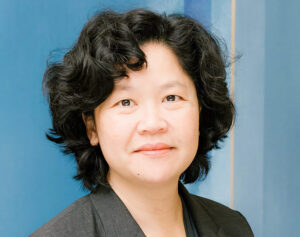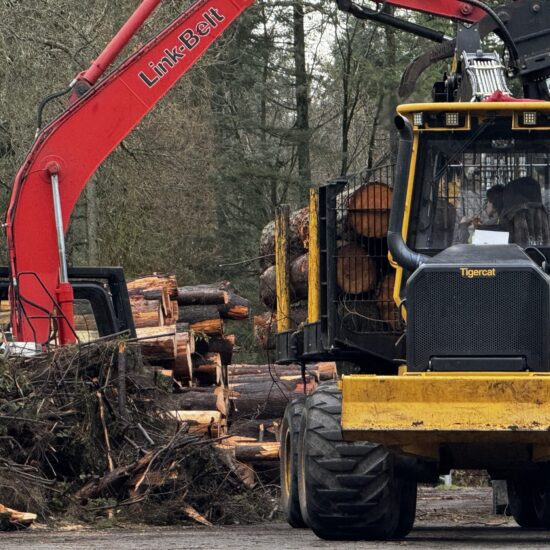
Bob Mackin
Lawyers for the Gitxaala Nation rebutted the provincial government’s case May 20 as the judicial review of the mining claims system drew to a close.
The First Nation, 60 kilometres south of Prince Rupert in Kitkatla, wants the B.C. Supreme Court to overturn mineral claims the province granted between 2018 and 2020 on Banks Island because it says there was no consultation. Gitxaala says that was a breach of the Crown’s constitutional duty to First Nations and contrary to the United Nations Declaration on the Rights of Indigenous Peoples (UNDRIP), which B.C. adopted in 2019.

(gitxaalanation.com)
A decision in favour of the Gitxaala could change the mineral claims system that originated during the Gold Rush. Anyone as young as age 18 who is allowed to work in Canada can pay $25 for a “free miner certificate” and then file a mineral claim online for as little as $1.75 per hectare. Crown lawyer Leah Greathead earlier said that exercising and developing a claim is more complex and expensive, including requirements under provincial regulation through multiple instruments, beyond the Mining Tenure Act (MTA) and the Mining Act. Greathead suggested the two sides be ordered to negotiate a new claims system, if the court rules in favour of the First Nation.
Lisa Fong, lead lawyer for the Gitxaala, said the 2015 release of the Truth and Reconciliation Commission of Canada’s summary report, with the call to repudiate concepts that were used to justify European sovereignty, led to Ottawa rescinding its objection to UNDRIP in 2016 and adopting UNDRIP five years later.
“Current legal and social changes all support a corresponding evolution of the common law to reflect and incorporate the rights of Indigenous peoples, as reflected in the UNDRIP, including a duty to states to consult with Indigenous peoples, before extracting resources from their traditional territory,” Fong said before Justice Alan .
Fong said B.C.’s Gold Commissioner has not identified any impediments to the use of discretionary powers under the MTA that would ensure consultation.
“He’s got the power to change the various systems he says constrains him,” Fong said. “If the commissioner has inflexibly adopted a Crown policy to ignore consultation when granting mineral claims, then he’s improperly fettered his discretion. In other words, he’s failed to address the merits of each application.”

Lawyer Lisa Fong (NgAriss.com)
She also said the Superintendent of Professional Governance has an explicit statutory role to promote awareness among regulatory bodies to support reconciliation with Indigenous peoples and implementation of UNDRIP. She pointed to such provisions across government, including the late 2022-enacted Health Professions and Occupations Act.
“They’ve established guiding principles for every person who acts under that statute, and those guiding principles include supporting and promoting awareness of reconciliation, the United Nations Declaration, and the need to address racism and anti-racism that are specific to Indigenous people,” she said. “And then, of course, for our profession, lawyers. All members of the Law Society are required to take an Indigenous intercultural course to learn about the history of the aboriginal-Crown relationship.”
Ross said he would reserve decision on the case.
“I have a gargantuan task in front of me,” Ross told the lawyers and gallery. “But I can confidently say that there will be no issue and no fact that won’t be before me, assuming I can find it in the stack. I will be able to, I hope, write cogent and correct reasons as soon as humanly possible.”
Support theBreaker.news for as low as $2 a month on Patreon. Find out how. Click here.











